Healthy Skin Starts Here
Showing of Results

- Skin Cancer
- General Dermatology
- Skin Exams
Read The Dermatology & Skin Surgery Center of Wilmington’s helpful basal cell carcinoma guide to learn what this skin cancer is, where it begins, how it shows up on the skin, risk factors, and how we treat basal cell carcinoma in Wilmington.
Read More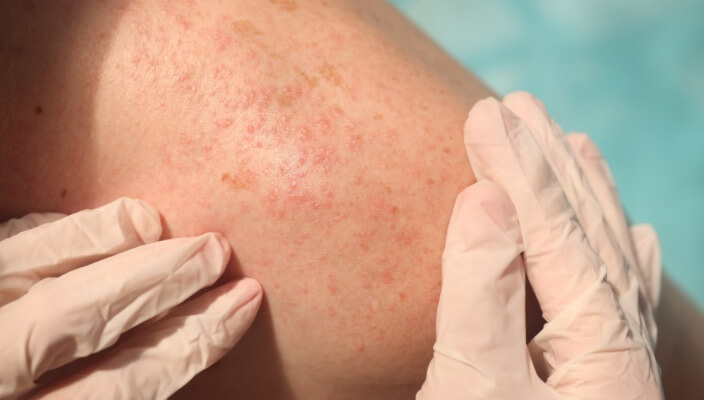
- General Dermatology
- Chronic Skin Conditions
At The Dermatology & Skin Surgery Center of Wilmington, we understand how hard it can be to distinguish eczema and psoriasis from one another.
Read More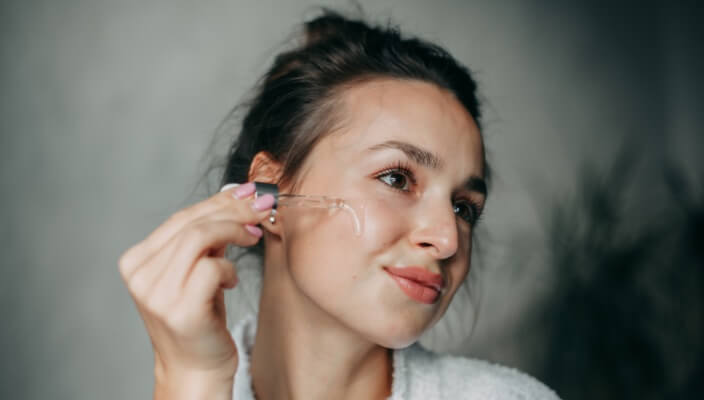
- Skin Care
Whether you’re searching for a serum, face mask, eye cream, or something else, we’re here to help you find effective skincare routine extras that are dermatologist-recommended and proven to contribute to a healthy complexion.
Read More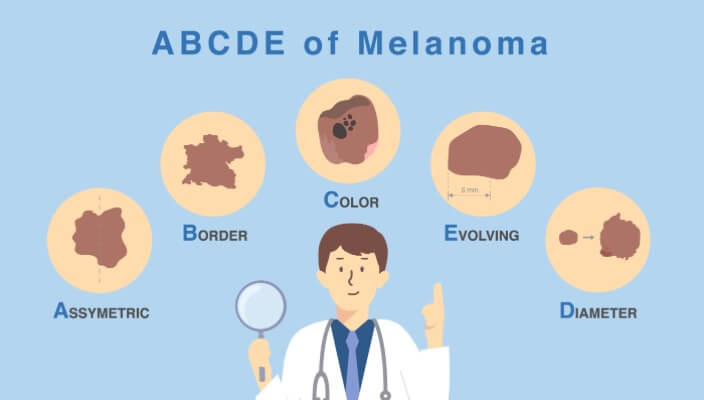
- Skin Cancer
- Skin Exams
With skin cancer cases rising year after year, it’s no surprise that people are itching to learn more about this life-threatening skin disease
Read More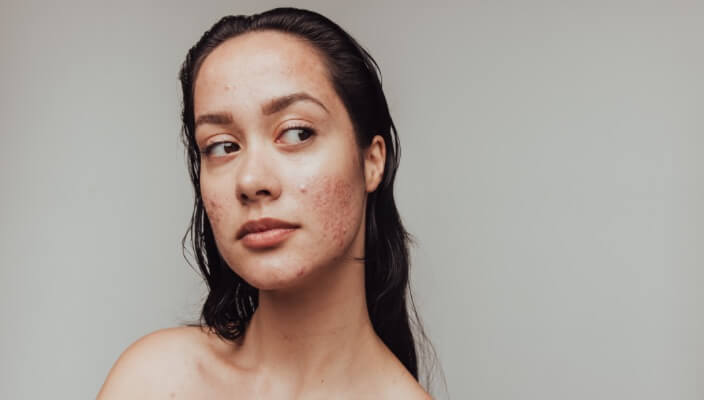
- Skin Cancer
- General Dermatology
- Chronic Skin Conditions
Learn more about the most common types of skin lesions we see at Westerville Dermatology and how our dermatologists remove them.
Read More
- Skin Cancer
- General Dermatology
- Skin Exams
- Sun Safety
If your dermatologist finds a suspicious mole during your TBSE, they want to perform a skin biopsy.
Read More
- Botox
- Injectables or Fillers
- Cosmetic Treatments
If you have skin concerns you’re eager to address or are just looking for cosmetic treatments to restore healthy skin, the experienced dermatologists at The Dermatology & Skin Surgery Center of Wilmington are here to help with professional cosmetic treatments and nonsurgical procedures in Wilmington, North Carolina.
Read More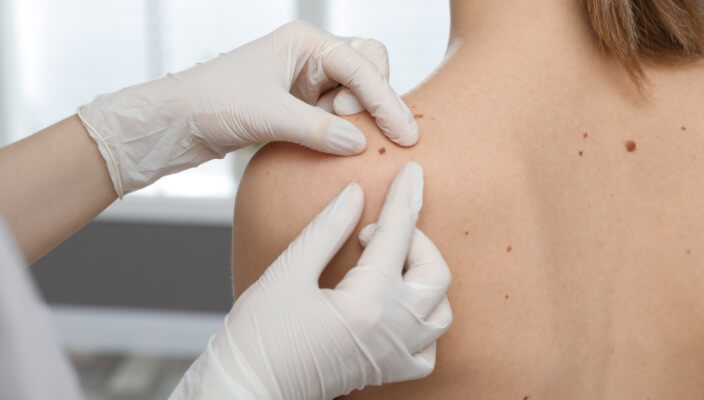
- Skin Cancer
- General Dermatology
- Skin Exams
Have you noticed a new spot pop up on your skin or a mole that has changed a little bit over time? Though many individuals have spots, moles, and patches of skin that may look completely harmless, skin cancer can often be sneaky and show up in ways you may not expect.
Read More